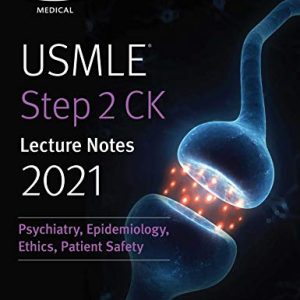A case study companion to the leading textbook on psychotherapy for advanced practice psychiatric nurses
Case Study Approach to Psychotherapy for Advanced Practice Psychiatric Nurses is a case study companion to the groundbreaking and award-winning textbook Psychotherapy for the Advanced Practice Psychiatric Nurse, edited by Kathleen Wheeler. Designed for both the novice and experienced advanced practice psychiatric nurse, it provides complementary content and activities to help students and professionals master the art and science of conducting psychotherapy.
The case studies address a wide range of diverse theoretical approaches and varied client problems and psychiatric diagnoses. Each chapter follows a consistent format to allow for comparison, beginning with the author's personal experience, providing the reader with the understanding of how various theoretical orientations were chosen. This is followed by background on philosophy and key concepts, as well as mental health and psychopathology, therapeutic goals, assessment perspectives, and therapeutic interventions. The chapter then presents background on the client and a selection of verbatim transcript segments from the beginning, middle, and final phase of therapy. The therapeutic process is illustrated by client–therapist dialogues, which are supplemented with process commentaries that explain the rationale for the interventions. A final commentary on the case is presented to enhance the reader's clinical reasoning skills.
Key Features:
- Augments the groundbreaking Psychotherapy for the Advanced Practice Psychiatric Nurse
- Features case studies that address a range of theoretical approaches and varied client problems and psychiatric diagnoses
- Offers comprehensive coverage of the approach, psychopathology, therapeutic goals, assessment perspectives, therapeutic interventions, and verbatim transcripts from the beginning, middle, and final phases of therapy
- Includes reflection questions to help the reader apply the material to their personal lives and offer guidelines for continuing to work with the theoretical orientation











